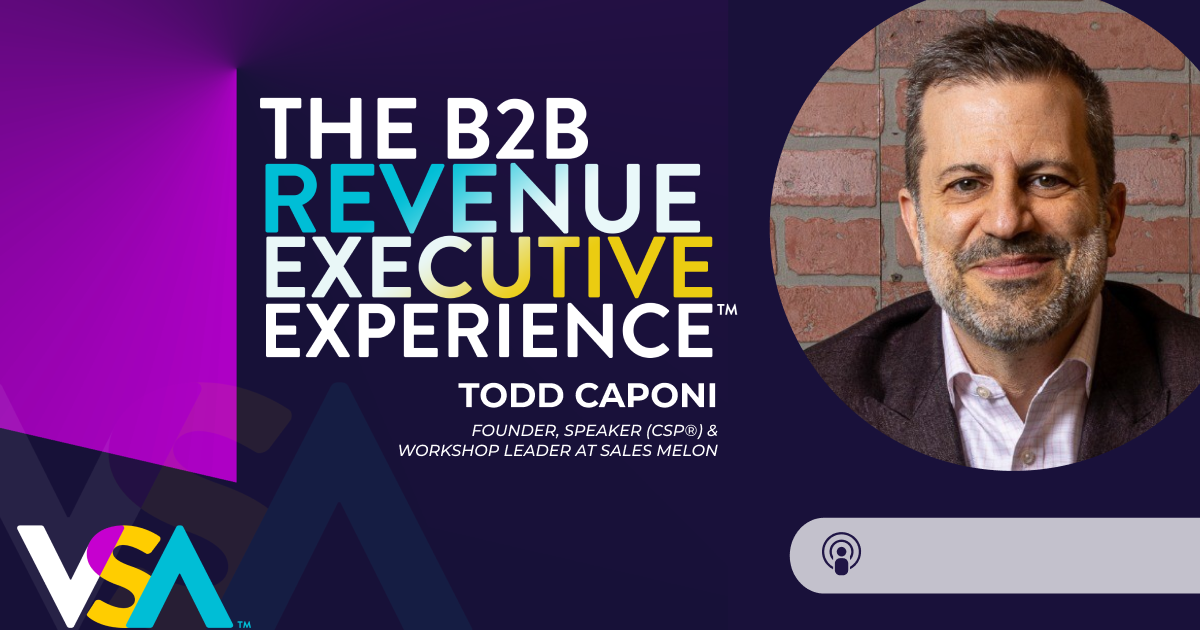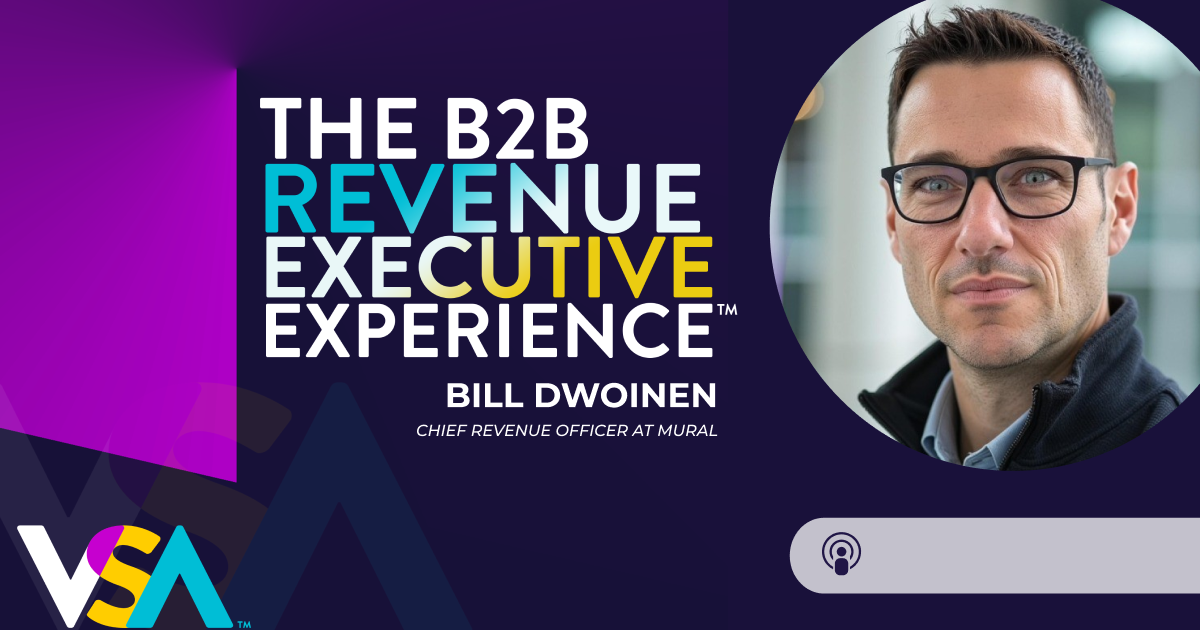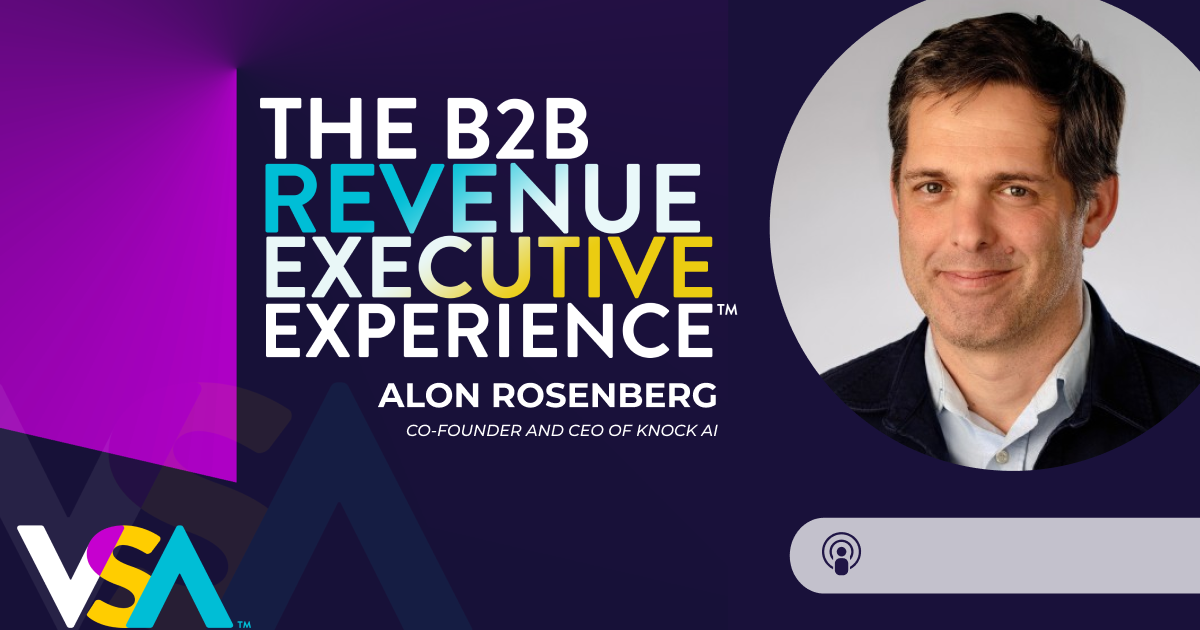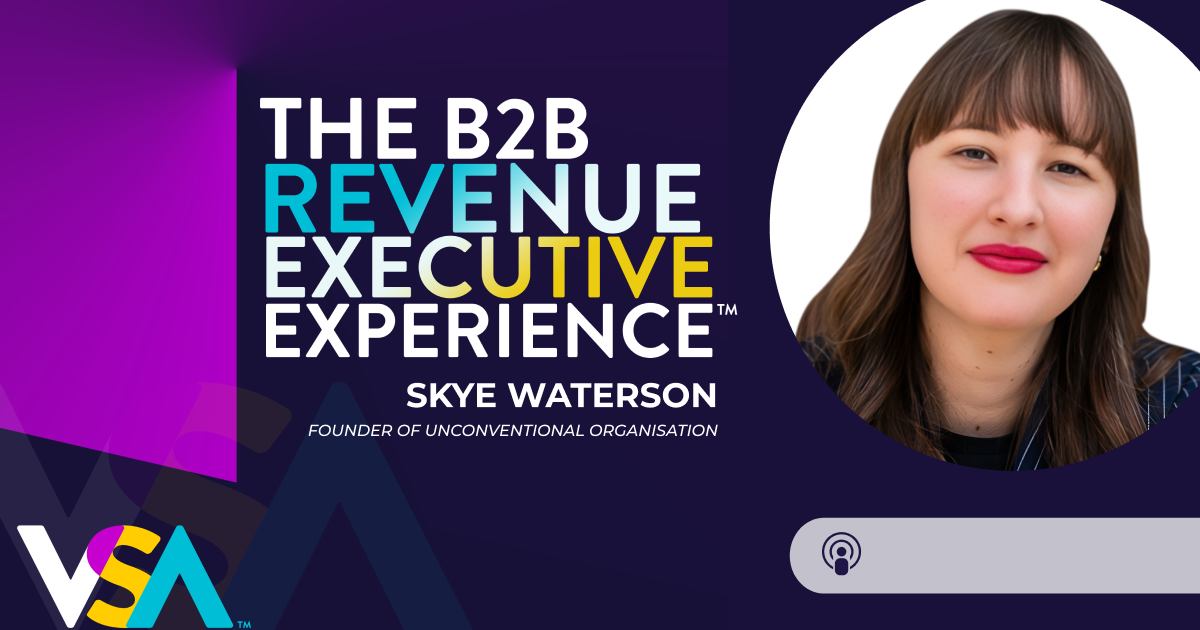“My Client Is the Devil:” How to Stop Complaining and Get a Better Perspective

There’s never a shortage of people complaining about their clients.
You can get stuck in that kind of thinking, but there is another way of looking at things. It all comes down to the way you think about yourself and your client. After all, you can’t do a great job taking care of clients until you’ve taken care of yourself.
We recently interviewed Mark McKinney, VP of Client Development at Bottle Rocket Studios and Steve Fedorko, both authors of the book My Client Is the Devil (And Other Myths). They’re both psychologists who happened to work in marketing agencies, so they put their expertise together. They left academia to learn and teach how much psychology is used in business everywhere.
There are a lot of books on helping clients, but not a lot on how you help yourself get better at helping clients. Their book is one of them.
Here are the highlights from that interview.

The book is divided into three sections: personal competence, social competence, and leadership competence. How did you arrive at those three?
The three sections build on each other.
The first part, personal competence, conveys this truth: You can’t get anywhere unless you learn to take care of yourself. In the section, Mark and Steve focus on basic things to manage and prevent stress, have higher emotional intelligence, and establish a foundation to build on.
Social competence is the answer to the question, can you learn to be a good listener?
Leadership competence means understanding where opportunities arise and what it takes to be a champion for causes and for direction. In short, it’s learning to lead by example.
The psychology that runs through all three of these is called many things, including “personal grit,” “emotional intelligence,” and the basic idea of being self-reliant, then leading others.
Do workshops require a different approach with different age ranges?
They do—to a degree.
There are certain factors related to people being able to manage more complex relationships. One of those is experience: There’s just no substitute for experience and the opportunity to practice something over and over. But if you have a lot of bad experience, all you have is experience doing things wrong.
There are also some other factors not necessarily related to age or experience in the workplace.
A simple example is the ability to believe that you have an impact in the world, which seems to be a psychological trait. As Mark said, “There are people that believe the world does things to them, and there are people that believe that they can take action and affect the world.” The latter can see themselves as more able to control situations.

Again, there are factors that transcend age. There are millennials that are very good at being psychologically hardy and some boomers who have built some bad habits along the way. There may be a slight edge in favor of the “old guys,” but it’s not much.
How do you revise bad habits?
Workshops are always in mixed groups, with different levels of success. Still, everyone in that room has a level of success already: we’re just there to offer another way of looking at life. It’s not a presentation of 10 things that will work for everyone, but rather a presentation of what has worked for other people, and each attendee can probably latch onto some of them.
As clinicians, Mark and Steve were often dealing with people who reached a certain level of dysfunction and needed help to get back to functioning in society. In the business workshops, though, attendees are already at that level, but they might be taking on a bigger burden psychologically than they need to.
In the workshops, they like to let people discover answers themselves. The ol’ socratic method.
“Tell us about your work client,” they say, “how that affects you, and why you don’t sleep well. If that’s where we’re at, how are you going to get better?” Often there’s a puzzled look and the person thinks they just have to deal with it.
Then the instructor asks, “What if there was a way to deal with it? Would you be interested?”
Classic sales technique.
Conclusion
In the interview, we asked if there was some way that companies have implemented the concepts of the workshop most effectively. There were.
One company’s client services group took some of the concepts and built a checklist that they use when onboarding new clients to say, “This is how we’re going to communicate and what you can expect from us.” Another company even requested to test the personalities of not only their project teams but of their clients as well.

It’s a classic faux pas to assume somebody’s motivation from your own. An extravert will assume an introvert staying quiet and crossing their arms isn’t paying attention, when that very well may not be the case. So understanding personalities matters.
Another thing the authors do to make the concepts stick is pass out a book for all the participants. A hard copy of a book is hard to ignore around the office, so it has a life of its own. There’s something about the reverence for a book that hangs on.
Acceleration Insight
In each episode of the B2B Revenue Executive Experience, we’re going to ask our guests for one nugget of wisdom they would impart to a sales professional. Here’s this one:
Mark: “Do your homework. Put in the time in front of the selling opportunity so you know who you’re talking to and why.”
Steve: “Use telephones and email, but don’t pass up any face-to-face opportunities if you can. Also, come with ears open. In fact, phrase it like, ‘Would you indulge me with a little bit about what’s concerning for you?’”
This post is based on a podcast interview with Mark McKinney and Steve Fedorko, authors of My Client Is the Devil (And Other Myths). To hear this episode, and many more like it, you can subscribe to the B2B Revenue Executive Experience.
If you don’t use iTunes, you can listen to every episode here.
Explore More









